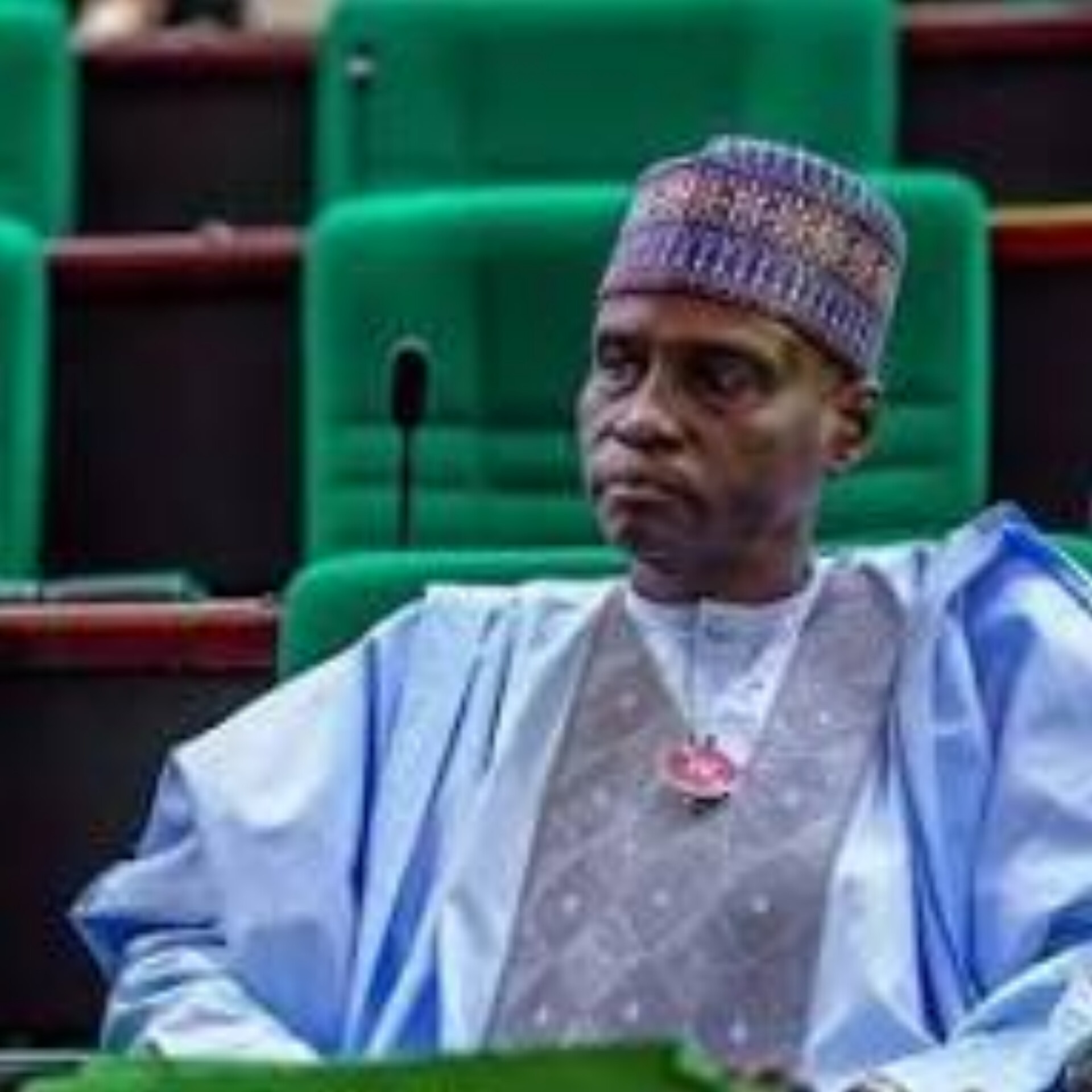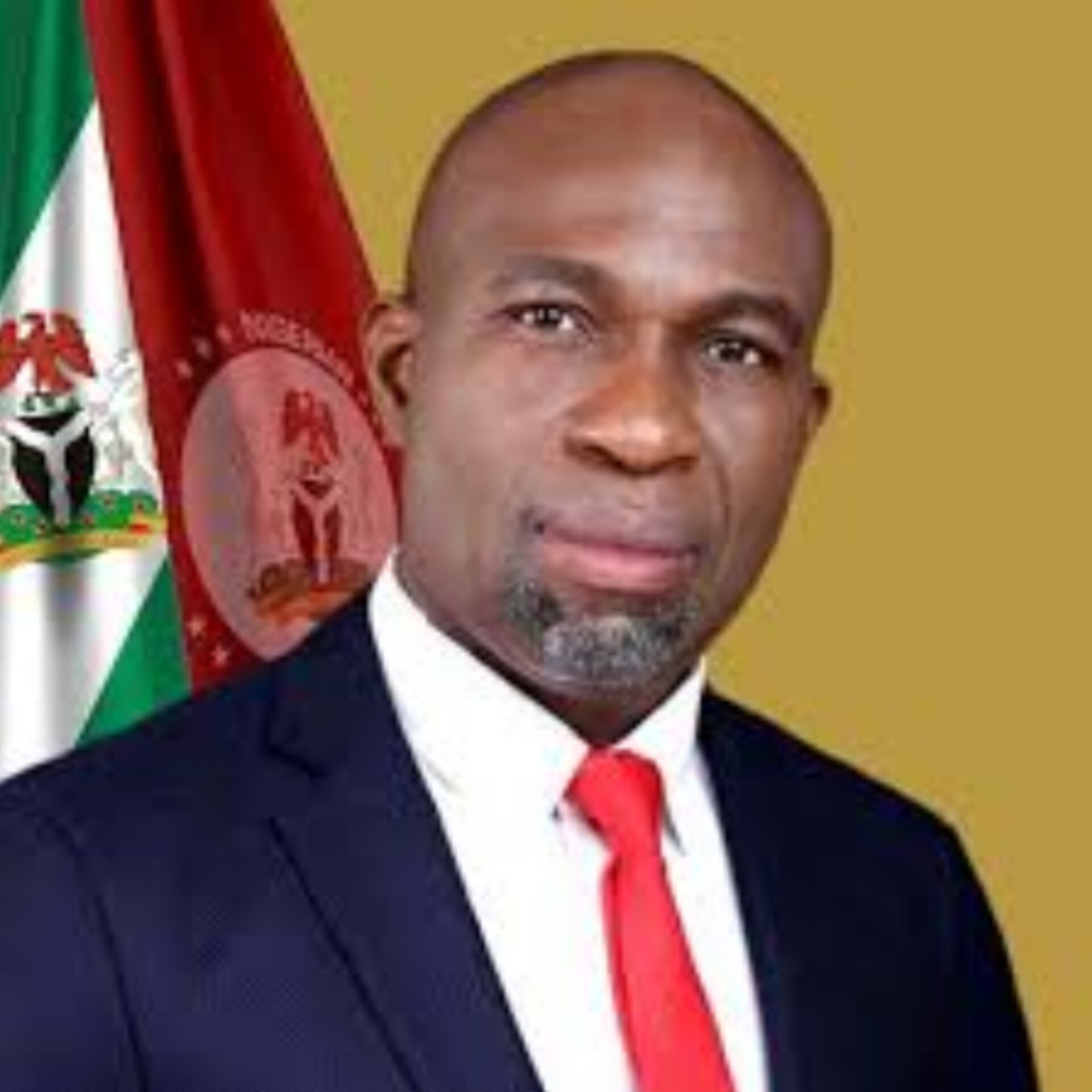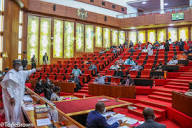**15years for consumers of hard drugs
The Senate on Thursday passed a bill which upgraded the maximum sentence of life imprisonment to the death penalty amidst controversy over the voice votes.
The legislation titled the National Drug Law Enforcement Agency Act (Amendment Bill) 2024 had passed a third reading at the Senate on Thursday.
The Bill sought to review penalties provision, update the list of dangerous drugs, strengthen the operations of the NDLEA, and empower the NDLEA to establish laboratories.
Section 11 of the current act which prescribes that any person who, without lawful authority; Imports, manufactures, produces, processes, plants or grows the drugs popularly known as cocaine, LSD, heroin or any other similar drugs shall be guilty of an offence and liable on conviction to be sentenced to imprisonment for life was amended to reflect a stiffer death penalty.
The bill was passed after the Senate considered the Report of the Committee on Judiciary, Human Rights and Legal Matters presented by Mongonu Tahir, the Senator representing Borno North.
Though the report did not recommend death penalty, Ali Ndume, the Senate Chief Whip, however, moved that the death penalty be replaced with a life sentence.
During a clause-by-clause consideration of Bill, Barau Jibrin, the Deputy Senate President who presided over the session, put the amendment on the death penalty to a voice vote and declared that the “ayes” had it, but Adams Oshiomhole, Senator Representing Edo North objected that the “nays” had it rather.
He argued that matters of life and death should not be treated hurriedly, but Barau said it was too late, as he failed to raise a point of division soon enough.
The bill was subsequently passed.
Speaking to newsmen on the implication of the bill, chairman Senate committee on Human Rights and Legal Matters indicated that the import of the ammendment of the NDLEA act as passed by the Senate prescribed the punishment of death sentence for people who engage in the manufacturing, processing of hard drugs.
“But for the people that engage in the consuption of these hard drugs the sentence prescribed is 15years.
“I think the Senate in its wisdom decided to prescribe death sentence in view of the havoc being created by substance and drug abuse in this country which if not nipped in the bud have the potential of destroying the future of this country because it is the majority of the youth that are engaged in the drug and substance abuse, sometimes innocently as a result of peer group influence. he sentence is 15years without the option of fine.





